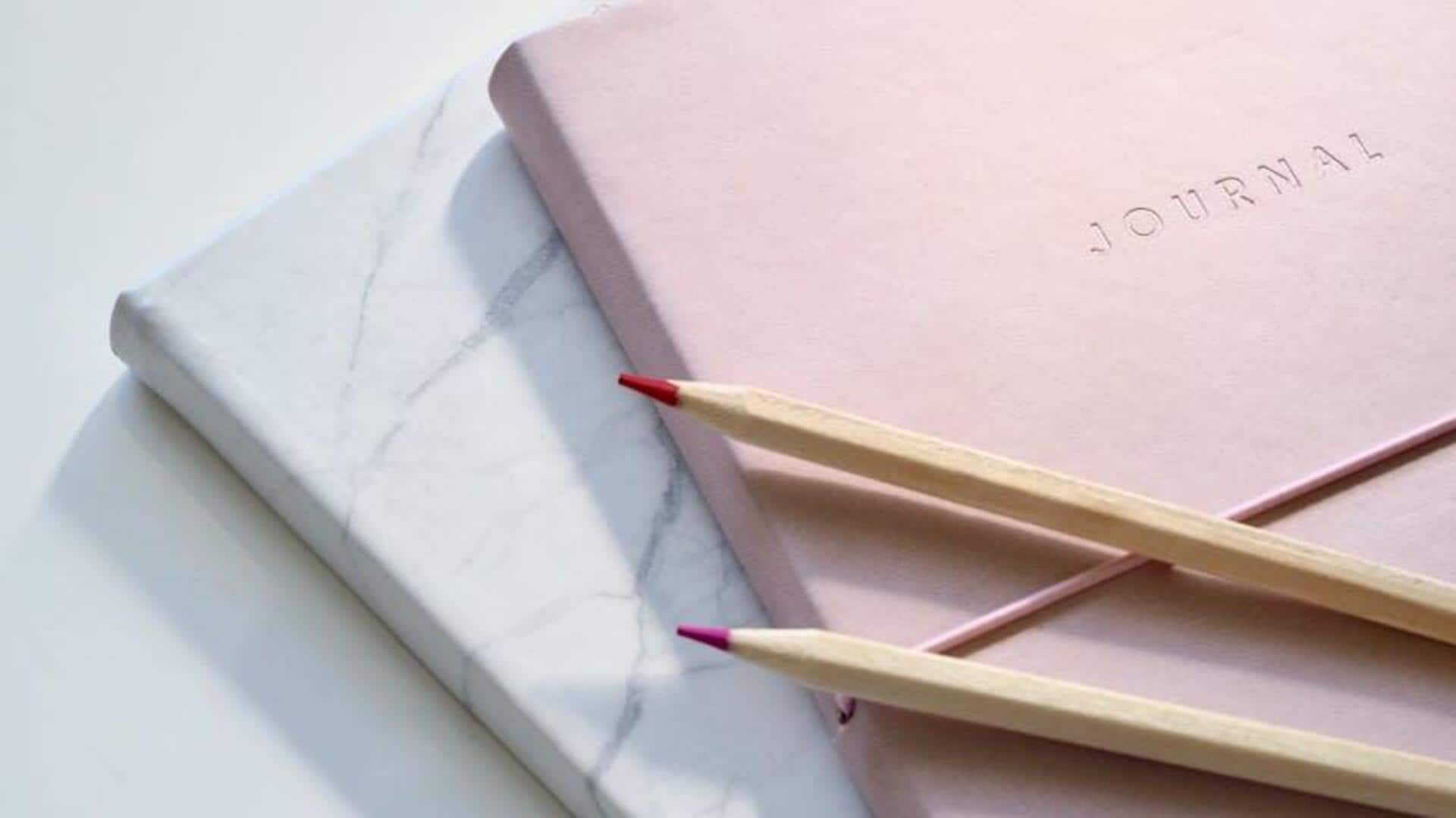
This is how you can enhance your problem-solving skills
What's the story
Creative journaling is a potent tool to improve problem-solving skills significantly. By practicing it, one can delve deeper into their thoughts and ideas, arriving at novel solutions. Here are five effective ways to use creative journaling for enhancing problem-solving skills. Each of these methods offers a different approach, letting you customize your journaling practices as per your requirements and preferences.
Tip 1
Mind mapping techniques
Mind mapping is an excellent way to visualize problems and possible solutions. When you create a mind map in your journal, you can divide a complex issue into smaller, manageable parts. Doing so helps in finding links between various elements of a problem, thus making it easier to look at the bigger picture. Mind mapping promotes lateral thinking and leads to unexpected insights that wouldn't be possible through linear thinking.
Tip 2
Free writing sessions
Free writing involves setting aside time to write continuously without worrying about grammar or structure. This technique allows thoughts to flow freely onto the page, often revealing subconscious ideas and patterns related to the problem at hand. By dedicating ten minutes daily for free writing in your journal, you may uncover new perspectives or solutions that were previously hidden from conscious thought.
Tip 3
Visual storytelling approach
Incorporating some drawings or sketches into your journal can stimulate your creativity and enhance problem-solving skills. Visual storytelling lets you express your ideas non-verbally, which comes especially handy when words fail us. By illustrating scenarios or concepts related to the issue you're facing, you engage different parts of your brain and that may lead to innovative solutions.
Tip 4
Questioning methodology
Asking questions is the key to problem-solving. In your journal, leave space for writing questions about the issue you are facing. The questions should challenge assumptions and promote deeper delving into the topic. By regularly revisiting these questions and attempting answers over time, you may develop new insights or approaches that help you resolve the problem the right way.
Tip 5
Reflective journaling practices
Reflective journaling means looking back at past entries and examining them for patterns or recurring themes related to problems encountered in the past. This makes it easier to identify successful strategies previously employed that could be used again under similar conditions now faced by a person today. It also highlights areas where improvement might still be needed going forward based on past experiences documented within one's own personal records kept over time.